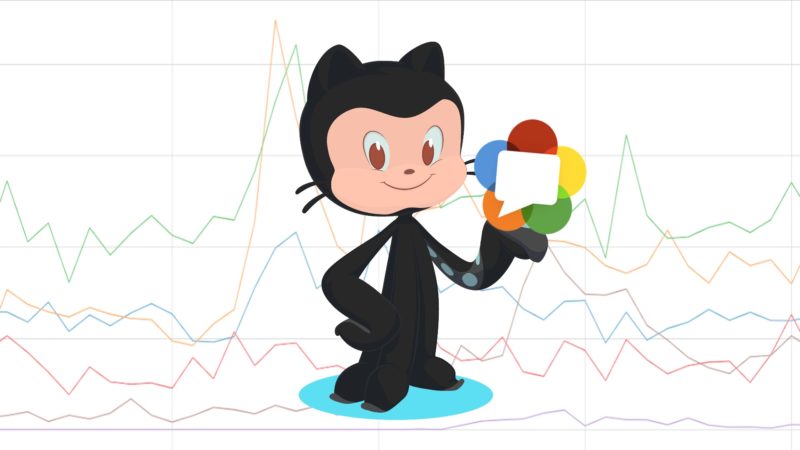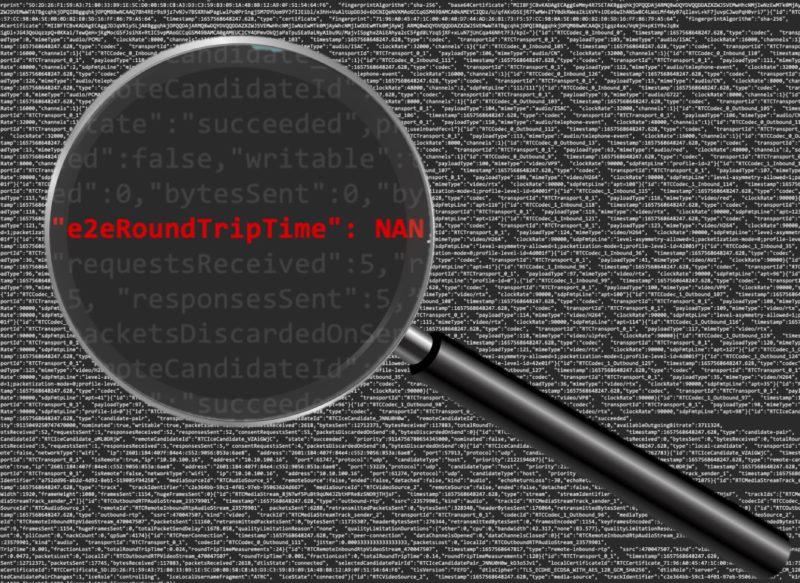Our last livestream on WebCodecs & WebTransport has ended. You can see the playback and annotated transcript here: https://webrtchacks.com/webcodecs-webtransport-and-webrtc/
Search Results for: codec
Revealing mediasoup’s core ingredients: Q&A with Iñaki Baz Castillo
I interviewed mediasoup’s co-founder, Iñaki Baz Castillo, about how the project got started, what makes it different, their recent Rust support, and how he maintains a developer community there despite the project’s relative unapproachability. mediasoup was one of the second-generation Selective Forwarding Units (SFUs). This second generation emerged to incorporate different approaches or address different use cases a few years after the first generation of SFUs came to market. mediasoup was and is different. It is node.js-based, built as a library to be part of a serve app, and incorporated the Object-oriented approaches used by ORTC – the alternative spec to WebRTC at the time. Today, mediasoup is a popular SFU choice among skilled WebRTC developers. mediasoup’s low-level native means this skill is required.
How Cloudflare Glares at WebRTC with WHIP and WHEP
WebRTC blackbox reverse engineering experts Gustavo and Fippo take a look at Cloudflare’s new WebRTC implementation, how Cloudflare uses the new WebRTC-based streaming standards WHIP and WHEP, and the bold pronouncement that they can be a replacement to open source solutions.
Post-Peak WebRTC Developer Trends: An Open Source Analysis
WebRTC had its peaks during the pandemic, but how is it doing now? Did all those new projects die, putting the community back at pre-pandemic “normal” levels or is WebRTC still going strong? I built and analyzed a dataset from over a million GitHub’s events since 2019 to help answer are there many new WebRTC-related repos, how many new users is WebRTC attracting, is the community coding as much as it used to, how are new API’s like Insertable Streams and WebCodecs doing?
Calculating True End-to-End RTT (Balázs Kreith)
Balázs Kreith of the open-source WebRTC monitoring project, ObserveRTC shows how to calculate WebRTC latency – aka Round Trip Time (RTT) – in p2p scenarios and end-to-end across one or more with SFUs. WebRTC’s getStats provides relatively easy access to RTT values, bu using those values in a real-world environment for accurate results is more difficult. He provides a step-by-step guide using some simple Docke examples that compute end-to-end RTT with a single SFU and in cascaded SFU environments.






